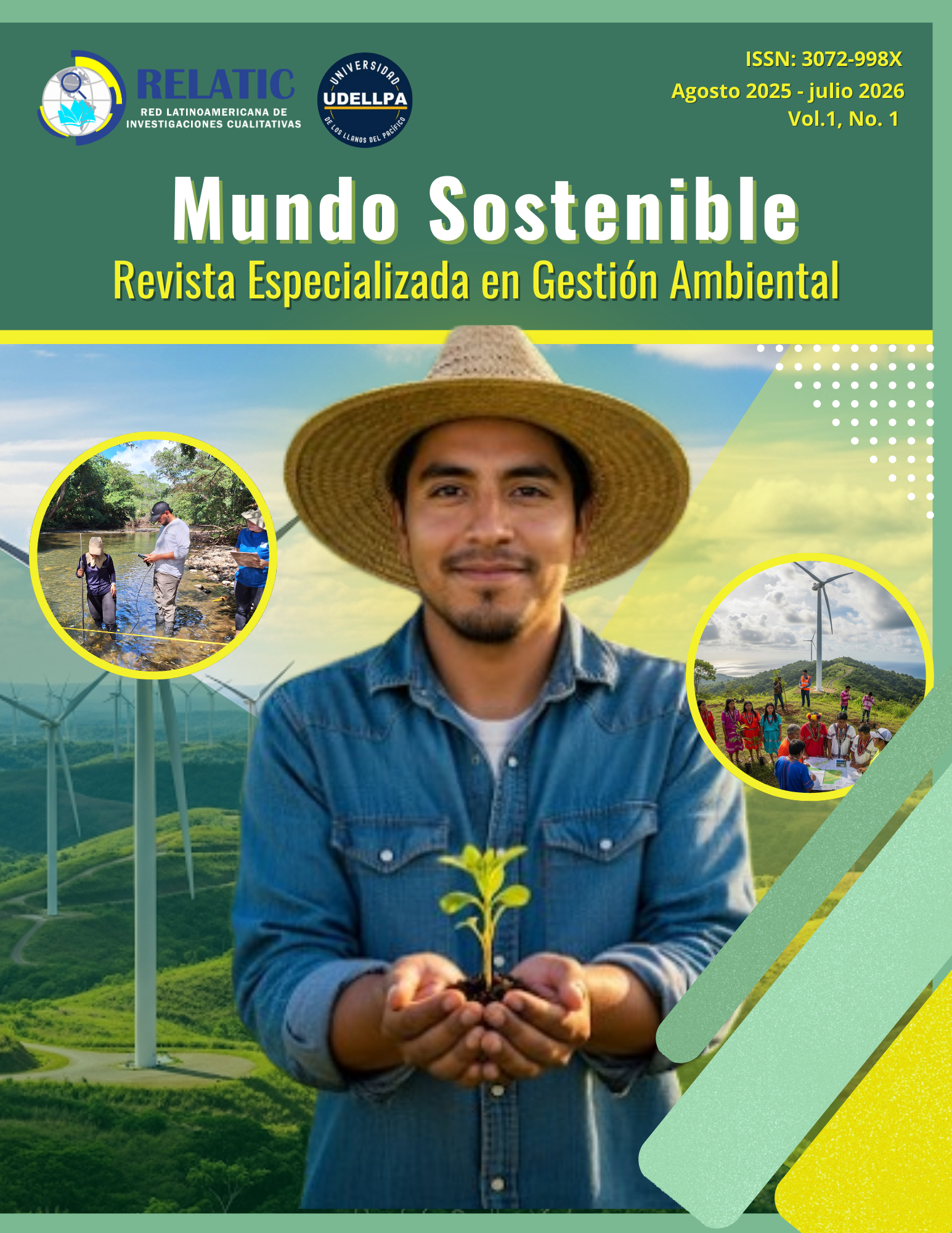Voces conectadas: Educación bilingüe para el empoderamiento rural
Contenido principal del artículo
Resumen
La educación bilingüe en las comunidades rurales ha sido reconocida cada vez más como una estrategia crucial para reducir las desigualdades educativas y promover la inclusión social. En contextos multilingües, los estudiantes rurales a menudo comienzan su educación en un idioma diferente de su lengua materna, lo que crea una desconexión profunda entre los entornos del hogar y de la escuela. Esta discrepancia contribuye a un menor rendimiento académico, una autoestima reducida y tasas de abandono escolar más altas. El objetivo de este artículo de revisión es analizar la literatura reciente y los informes de políticas para determinar cómo la educación bilingüe puede abordar estos desafíos y contribuir al empoderamiento de las poblaciones marginadas.
La metodología aplicada fue una revisión sistemática de artículos revisados por pares, políticas gubernamentales e informes institucionales publicados entre 2015 y 2024. Se retuvieron setenta y dos estudios después de aplicar los criterios de inclusión, con datos analizados temáticamente bajo cuatro dimensiones: equidad académica, desarrollo cognitivo, identidad cultural y desafíos de implementación. Los resultados demuestran que los programas bilingües, cuando están diseñados de manera efectiva, mejoran la alfabetización y la numeración, fomentan la competencia intercultural y fortalecen el orgullo comunitario. Los estudios de caso de América Latina, Asia y África destacan que los niños inscritos en programas bilingües desarrollan mayores habilidades para resolver problemas y muestran un mayor compromiso en comparación con sus compañeros en sistemas monolingües.
Detalles del artículo
Sección

Esta obra está bajo una licencia internacional Creative Commons Atribución-NoComercial-CompartirIgual 4.0.
Cómo citar
Referencias
Cummins, J. (2020). Bilingualism and cognitive development: Revisited. Annual Review of Applied Linguistics, 40, 1–18.
García, O., & Lin, A. (2019). Translanguaging in bilingual education. Bilingual Research Journal, 42(2), 1–15.
Hornberger, N. (2020). Multilingual education policy and practice: Ten certainties. Language Policy, 19(4), 493–512.
UNESCO. (2021). Bilingual education as a strategy for inclusion. UNESCO Policy Brief.
UNICEF. (2022). Equity and education in rural contexts. UNICEF Global Report.


